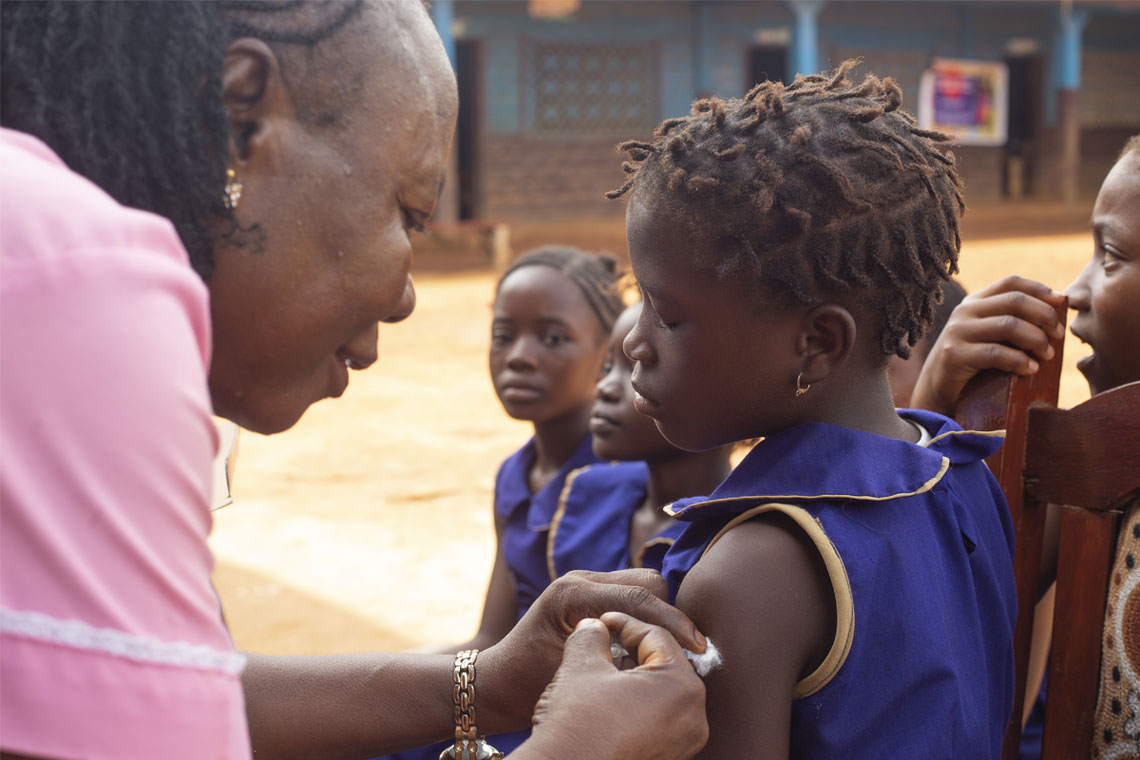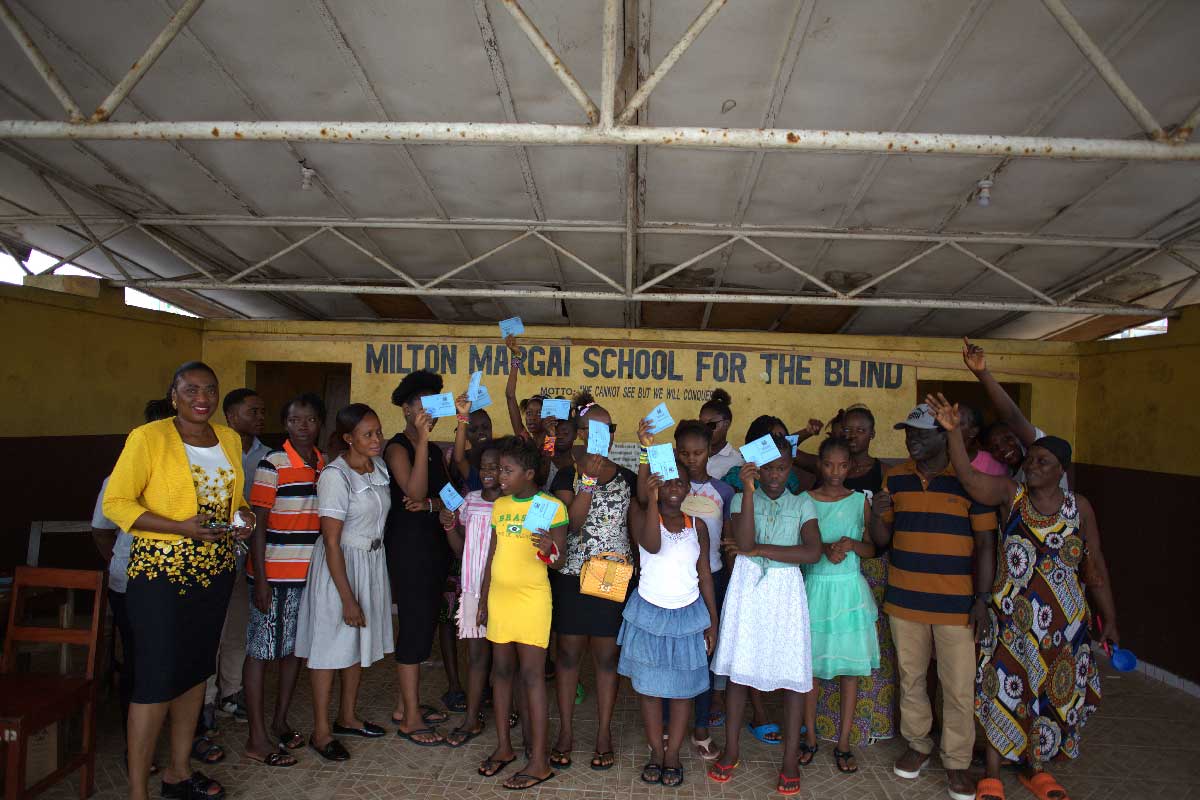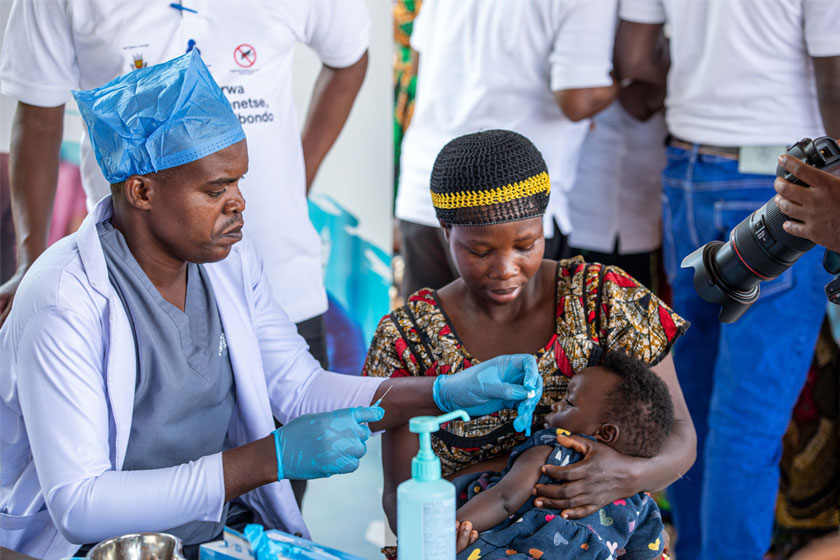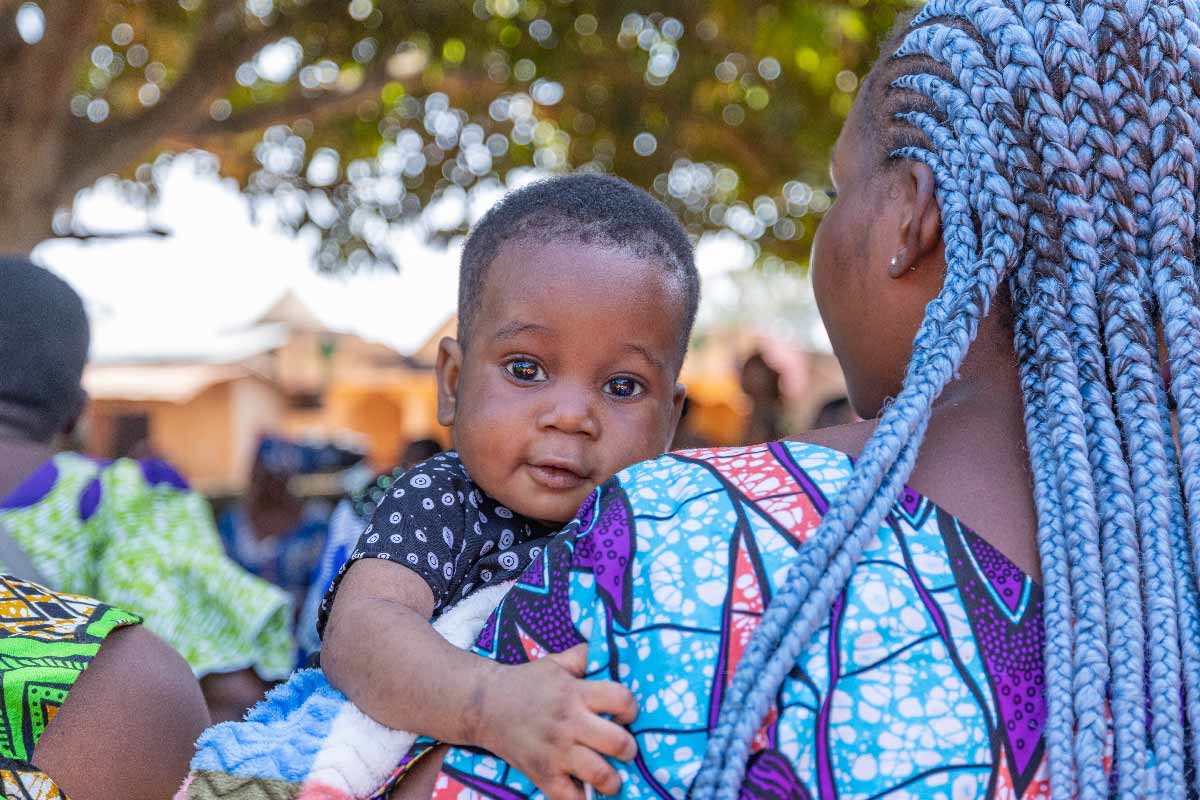In memoriam: VaccinesWork remembers health care workers killed in 2024
It was a tragic and deadly year for people working to save lives.
- 23 December 2024
- 4 min read
- by Gavi Staff
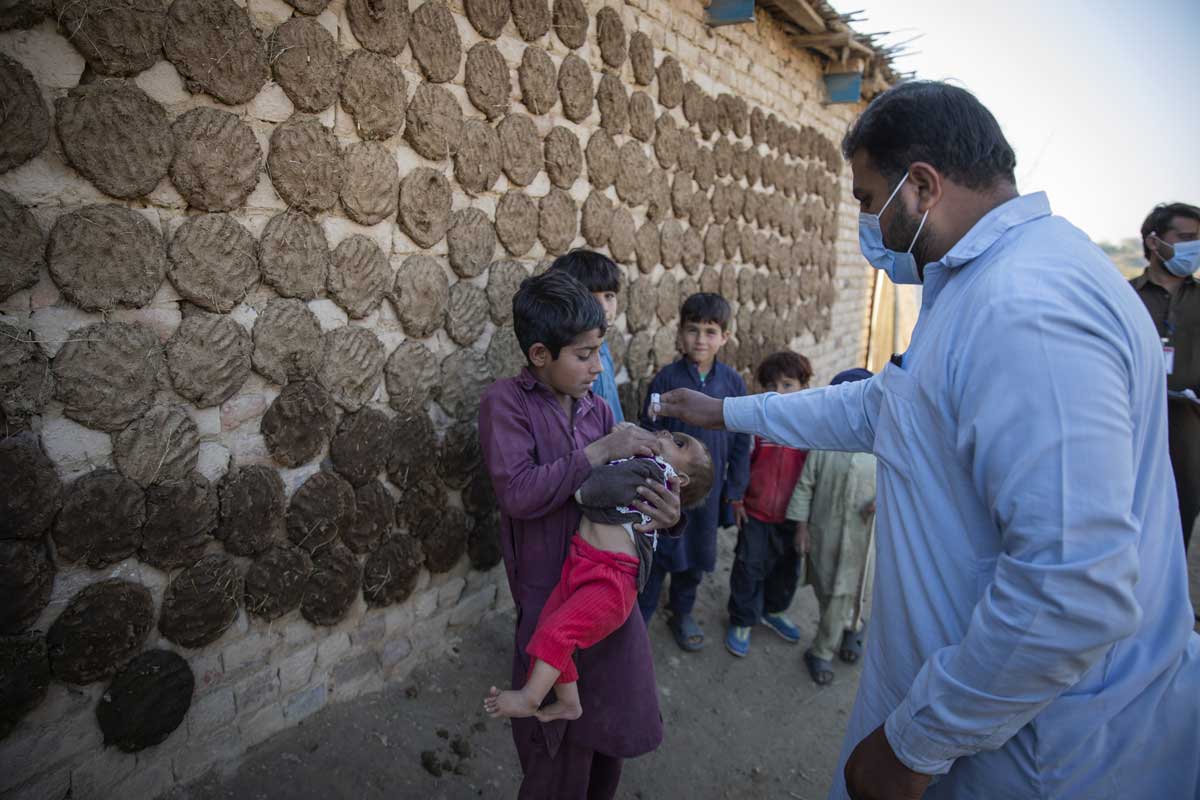
Under international humanitarian law, all parties to conflict must protect medical workers, facilities, transports and supplies. Yet the year 2024 witnessed astonishing tragedy for the medical profession – with health care workers killed in conflicts across the globe.
As the year comes to a close, we remember those health workers who lost their lives while working to save others’. When a health care worker is killed, their community loses not just one medical professional – but all of the life-saving care they would have provided over decades. Their loss is incalculable.
And for those who knew them not as doctor, nurse, ambulance driver or vaccinator, but as a child, partner, parent or friend, our deepest sympathies are with you. We honour the memories of your lost loved ones by supporting the health worker heroes who carry on their life-saving legacy.
Gaza
On 4 December, the International Federation of Red Cross and Red Crescent Societies (IFRC) announced that Alaa Al-Derawi, a member of the Palestine Red Crescent Society (PRCS) emergency medical team, was fatally shot in Gaza after transporting patients for treatment, as he returned to base.
“Under International Humanitarian Law, hospitals, ambulances, healthcare workers, and their patients must be respected and protected in every situation,” explained the IFRC in a press release. “Any attack on healthcare workers, ambulances, and medical facilities is unacceptable.”
The United Nations Office for the Coordination of Humanitarian Affairs (OCHA) reported that on 12 December, Dr Saeed Judeh, the last orthopaedic doctor in North Gaza, was killed while en route from Kamal Adwan Hospital to the nearby Al Awda Hospital to treat patients; and a nurse was killed while travelling to Kamal Adwan – which according to OCHA and major media outlets has been and is currently under attack.
These are just 3 of the 1,057 health care workers who have been killed since October 2023 in the Gaza Strip, where human rights organisations have documented the detentions of more than 250 health care workers in Gaza, and abuse and torture while in detention; and where healthcare infrastructure has been destroyed. As of 4 December, WHO had recorded 591 health attacks across the Gaza Strip, including 23 since 20 November.
Pakistan
Elsewhere, Pakistan continues to suffer attacks on health workers, most notably polio vaccinators. In September, Dawn reported that 17 health workers had lost their lives in the country so far this year. On 29 October and 1 November, attacks on polio vaccination left eight dead, including five children, and in December President Asif Zardari denounced the perpetrators as “enemies of the future of the country” after an attack on a polio vaccination team in Khyber Pakhtunkhwa.
Sudan
On 29 July, the World Health Organization (WHO) reported 22 attacks on healthcare in Sudan in the preceding 8 weeks – for a total of 88 attacks since April 2023: “Attacks on health care are deplorable and a violation of international humanitarian law. Access to health care is already severely constrained in Sudan due to the war that has been raging for over a year.”
By September, WHO announced that the number of attacks on healthcare in Sudan had reached 108: “Under international humanitarian law, medical facilities and health workers are granted special protection in times of conflict, to ensure the delivery of life-saving care to civilians and to safeguard the health infrastructure vital to community survival.”
On 20 December, the United Nations Office of the High Commissioner for Human Rights (OHCHR) published a report detailing attacks on three health facilities in El Fasher, the capital of Sudan’s North Darfur State: the last remaining public hospital with the capacity to perform surgery, and provide sexual and reproductive health services; a medical centre where 23 people were killed and 60 injured in August; and a hospital where 2 people were killed and 14 injured in May.
Have you read?
Ukraine
On 19 August, in observance of World Humanitarian Day, WHO marked 1,940 attacks on health care in Ukraine – the highest number WHO had ever recorded in any humanitarian emergency globally to date.
And in October, a report from the International Rescue Committee (IRC) noted that according to the Ukrainian Ministry of Health, since the start of the Russian invasion in February 2022, more than 100 health care workers had been killed; 1,877 health facilities and 876 pharmacies had been destroyed or damaged; and 20% of the country's ambulances had sustained damage.
Lebanon
Meanwhile, on 22 November, a WHO news release explained that the Surveillance System for Attacks on Health Care (SSA), an independent global monitoring mechanism established by WHO in 2017, found that more health workers and patients had been killed proportionally in Lebanon than in Gaza and Ukraine: “In comparison, the global average is 13.3%, based on the SSA’s figures from 13 countries or territories that reported attacks in the same period, 7 October 2023–18 November 2024 – among them Ukraine, Sudan and the occupied Palestinian territory (oPt). In the case of oPt, 9.6% of the total number of incidents has resulted in the death of at least one medical professional or patient.”
